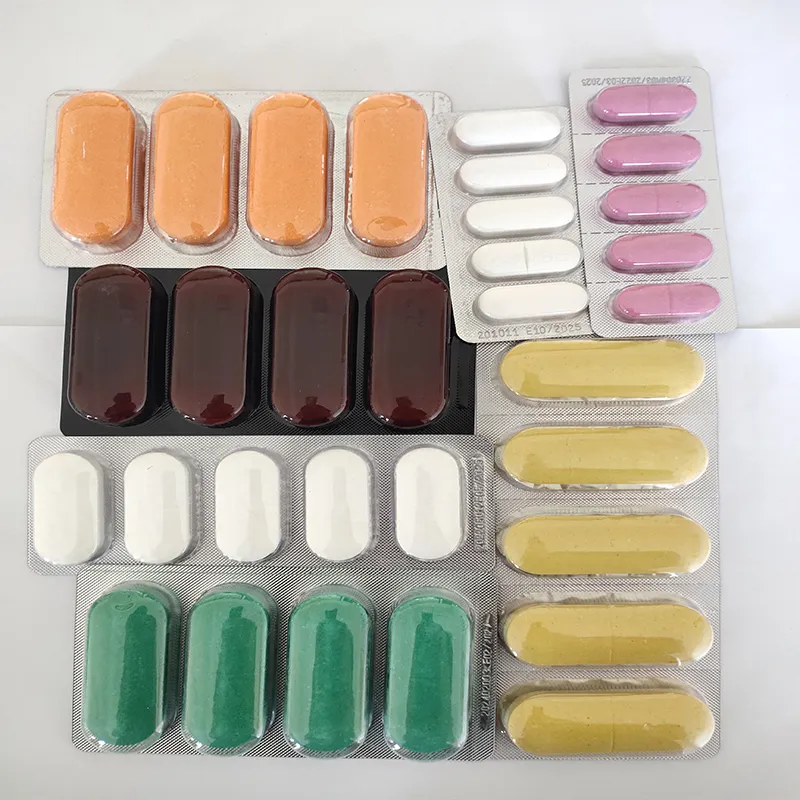- Afrikaans
- Albanian
- Amharic
- Arabic
- Armenian
- Azerbaijani
- Basque
- Belarusian
- Bengali
- Bosnian
- Bulgarian
- Catalan
- Cebuano
- Corsican
- Croatian
- Czech
- Danish
- Dutch
- English
- Esperanto
- Estonian
- Finnish
- French
- Frisian
- Galician
- Georgian
- German
- Greek
- Gujarati
- Haitian Creole
- hausa
- hawaiian
- Hebrew
- Hindi
- Miao
- Hungarian
- Icelandic
- igbo
- Indonesian
- irish
- Italian
- Japanese
- Javanese
- Kannada
- kazakh
- Khmer
- Rwandese
- Korean
- Kurdish
- Kyrgyz
- Lao
- Latin
- Latvian
- Lithuanian
- Luxembourgish
- Macedonian
- Malgashi
- Malay
- Malayalam
- Maltese
- Maori
- Marathi
- Mongolian
- Myanmar
- Nepali
- Norwegian
- Norwegian
- Occitan
- Pashto
- Persian
- Polish
- Portuguese
- Punjabi
- Romanian
- Russian
- Samoan
- Scottish Gaelic
- Serbian
- Sesotho
- Shona
- Sindhi
- Sinhala
- Slovak
- Slovenian
- Somali
- Spanish
- Sundanese
- Swahili
- Swedish
- Tagalog
- Tajik
- Tamil
- Tatar
- Telugu
- Thai
- Turkish
- Turkmen
- Ukrainian
- Urdu
- Uighur
- Uzbek
- Vietnamese
- Welsh
- Bantu
- Yiddish
- Yoruba
- Zulu
10 月 . 02, 2024 10:37 Back to list
Tylosin Use in Sheep for Injection Therapy and Health Management
Tylosin Injection for Sheep A Comprehensive Overview
Tylosin is a macrolide antibiotic that has gained prominence in veterinary medicine, particularly in the management of bacterial infections in livestock. Its efficacy in treating respiratory and digestive tract infections has led to its adoption in various farm animals, most notably sheep. This article explores the use of tylosin injection for sheep, including its indications, dosage, administration, and potential side effects.
Indications for Use
Tylosin is primarily used to combat infections caused by susceptible bacteria. In sheep, it has been particularly effective against conditions such as pneumonia, foot rot, and other bacterial diseases. Pneumonia in sheep, often triggered by stress, environmental factors, and viral infections, can be devastating if not adequately treated. Tylosin helps to mitigate the severity of the disease, promote recovery, and enhance overall herd health.
Additionally, tylosin is utilized in preventive measures, especially in high-risk herds or during stressful periods, such as weaning or transportation
. By reducing the bacterial load, tylosin can contribute to better growth rates and feed efficiency in sheep.Dosage and Administration
The administration of tylosin to sheep typically involves a subcutaneous or intramuscular injection, with the dosage heavily dependent on the specific condition being treated and the veterinarian's recommendation. The standard dosage for tylosin in sheep is generally around 10 to 20 mg per kg of body weight, administered once or twice daily. It is crucial that sheep receive the accurate dosage to avoid under-treatment or potential toxicity.
Before administering tylosin, it is essential to consult a veterinarian who can evaluate the situation and prescribe the appropriate treatment plan. The veterinarian will consider factors such as the sheep's age, general health, and the severity of the infection.
tylosin injection for sheep

Safety and Side Effects
While tylosin is regarded as safe for use in sheep, it is not without potential side effects. Commonly reported side effects include injection site reactions such as swelling or soreness. Although rare, some sheep might experience allergic reactions, which could manifest as difficulty breathing, hives, or other signs of distress. Monitoring the sheep post-injection is essential to ensure any adverse reactions are identified and managed promptly.
Moreover, tylosin can impact the microbial flora in the sheep's gut, which might lead to digestive disturbances, such as diarrhea. To counteract these effects, probiotics or dietary adjustments may be recommended by the veterinarian.
Regulatory Considerations
As with all veterinary medications, the use of tylosin is subject to regulations. In some countries, tylosin can only be administered under the supervision of a licensed veterinarian. Farmers must adhere to withdrawal times – the period during which the drug should not be administered before the animal is slaughtered for meat or before producing milk for human consumption. This is crucial in ensuring food safety and preventing antibiotic residues in animal products.
Conclusion
Tylosin injection can be a valuable tool in the management of bacterial infections in sheep, contributing to healthier flocks and improved productivity. It is paramount, however, to use this antibiotic responsibly and under veterinary guidance to minimize the risks associated with antibiotic resistance and ensure the well-being of the animals. Proper education on dosage, administration techniques, and monitoring for side effects will enable sheep farmers to use tylosin effectively, promoting both animal health and the sustainability of their farming practices.
-
The Power of Radix Isatidis Extract for Your Health and Wellness
NewsOct.29,2024
-
Neomycin Sulfate Soluble Powder: A Versatile Solution for Pet Health
NewsOct.29,2024
-
Lincomycin Hydrochloride Soluble Powder – The Essential Solution
NewsOct.29,2024
-
Garamycin Gentamicin Sulfate for Effective Infection Control
NewsOct.29,2024
-
Doxycycline Hyclate Soluble Powder: Your Antibiotic Needs
NewsOct.29,2024
-
Tilmicosin Premix: The Ultimate Solution for Poultry Health
NewsOct.29,2024













